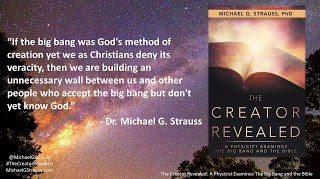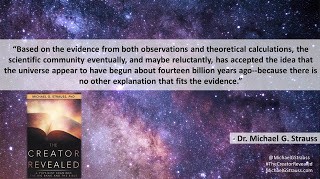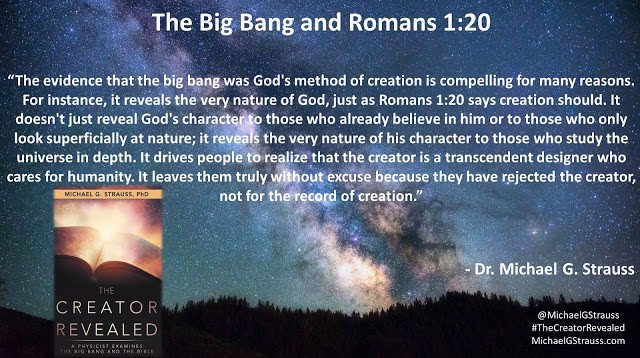We expect people in positions of authority to have training and experience in their respective fields. For example, I want my pilot to have knowledge of the helicopter in which I am a passenger, just as I want my surgeon to be proficient, and to know what he/she is doing before I go “under the knife!” Guessing, flipping a coin, or relying on luck just doesn’t cut it. We expect people to have knowledge.
This seems to be the expectation of all who are labeled as experts or leaders in our society today, save one… the church! Why, when it comes to Christianity, are many satisfied to merely rely on our emotions or what we arbitrarily think? Is the Christian faith something more than this? Is it something we can actually know is true, rather than simply following an emotion or a “greatest desire?”
Sadly, knowledge of God is not just something unbelievers assume impossible, but many Christians have bought into this lie and are now living that misguided stereotype. Most people in our society think religion isn’t something we can know. That is why people adhering to religion are typically labeled “persons of faith” as opposed to a “person of knowledge.” Should this be the case?
Dallas Willard provides a working definition of knowledge:
“We have knowledge of something when we are representing it as it actually is, on an appropriate basis of thought and experience.”[1]
Basically, Willard is saying that we have knowledge of something when we have proper justification or warrant for our beliefs and that our beliefs regarding it conform to reality. A statement is true when it corresponds to reality, and reality is the way things are. Therefore, knowledge must be aligned with the truth (based on evidence or insight).
Willard notes that rational people are those who base their lives upon knowledge. This is important when considering the faith of a Christian. When one has knowledge of God and the truth of His word, he can easily step out in faith. Acting in faith is not a “blind leap” as society believes. Rather it’s committing to an action for which you may not know the outcome, basing your decisions on evidence and a justified trust in God through knowledge.
Can we have real knowledge of God? A cumulative case of evidence appealing to logic, science, and history pointing toward God’s existence and the truth of Christianity says we can. Moreover, we can also have knowledge of God through a personal relationship with Him, supported by the evidence just mentioned.
With a cumulative case of logical arguments in mind, a Christian should be a person of faith. . . because he or she is primarily a person of knowledge. Christians put their trust in what they know is probably true. This is what William Lane Craig refers to as “reasonable faith.”
I am not proposing that we can know Christian theism is true with 100 percent certainty. However, we can gain knowledge of God with extremely high degrees of certainty. This includes not only knowledge of a powerful and personal Creator of the universe, but also in the particular truth of Christianity through evidential and spiritual means.
In conclusion, Christians aren’t merely people of faith, but people of a faith that is justified by logic, data, and evidence. This is in stark contrast to the blind faith of many atheists based on mere presuppositions and baseless personal opinions. When Christians attain this knowledge of God and Scripture, their faith will grow extremely strong which will be evident in their prayer lives, their Christian walk, and their commitment to fulfilling the Great Commission. Evangelism will quickly transform from something that Christians are scared of into something they eagerly anticipate. This is because when one possesses knowledge, one has things they know to share with others. When Christians share their faith, rooted in knowledge of reality, these evangelical encounters will quickly multiply with awesome results.
Stay reasonable (Isaiah 1:18),
Tim Stratton
Notes
[1] Dallas Willard, Knowing Christ Today: Why We Can Trust Spiritual Knowledge, Harper Collins, New York, NY, 2009. This article was inspired by this book.
Tim Stratton (The FreeThinking Theist) Tim pursued his undergraduate studies at the University of Nebraska-Kearney (B.A. 1997) and after working in full-time ministry for several years went on to attain his graduate degree from Biola University (M.A. 2014). Tim was recently accepted at Northwest University to pursue his Ph.D. in systematic theology with a focus on metaphysics.
Original Blog Source: http://bit.ly/2MS51c4













